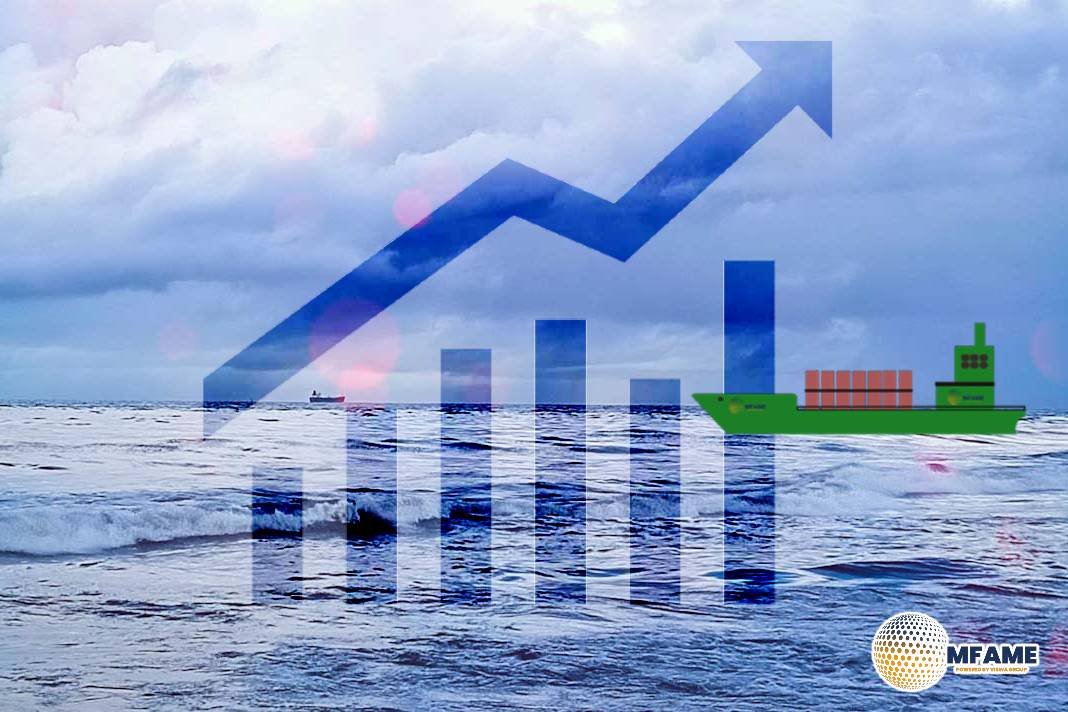Gibson Shipbrokers’ latest Market Watch, “Sweeping Sanctions,” reveals how expanding sanctions are redefining the rules of global shipping. With regulatory scrutiny tightening across key markets, the report outlines how shipowners and traders are recalibrating their operations to navigate a more uncertain and compliance-driven landscape.
According to the analysis, the sanctions environment has entered a more complex phase, with wider-reaching implications for tanker operations and oil logistics. These sweeping restrictions have influenced trade patterns, altering traditional routes and affecting vessel demand across key regions. Gibson emphasizes that while the sanctions aim to achieve geopolitical objectives, they also generate significant uncertainty within the freight market.
The report observes that the market response has been mixed. Certain sectors have experienced volatility as cargo availability and voyage patterns adjust to the new restrictions. Meanwhile, freight rates have reflected the shifting balance between sanctioned and non-sanctioned trade flows. This evolving dynamic underscores the sensitivity of the maritime market to regulatory changes, where even small policy adjustments can create ripples across global supply chains.
Despite the challenges, Gibson notes that market participants continue to adapt through operational flexibility and careful compliance measures. Shipowners and charterers are increasingly focusing on risk management, ensuring that voyages and transactions align with the evolving regulatory framework.
Overall, the “Sweeping Sanctions” report underscores that sanctions have become an integral factor shaping today’s maritime economics — influencing decisions from fleet deployment to chartering strategy. The coming weeks will reveal whether this heightened environment stabilizes or ushers in further structural shifts in global tanker trade.
Did you subscribe to our daily Newsletter?
It’s Free — Click here to Subscribe!
Source: Gibson Shipbrokers
















